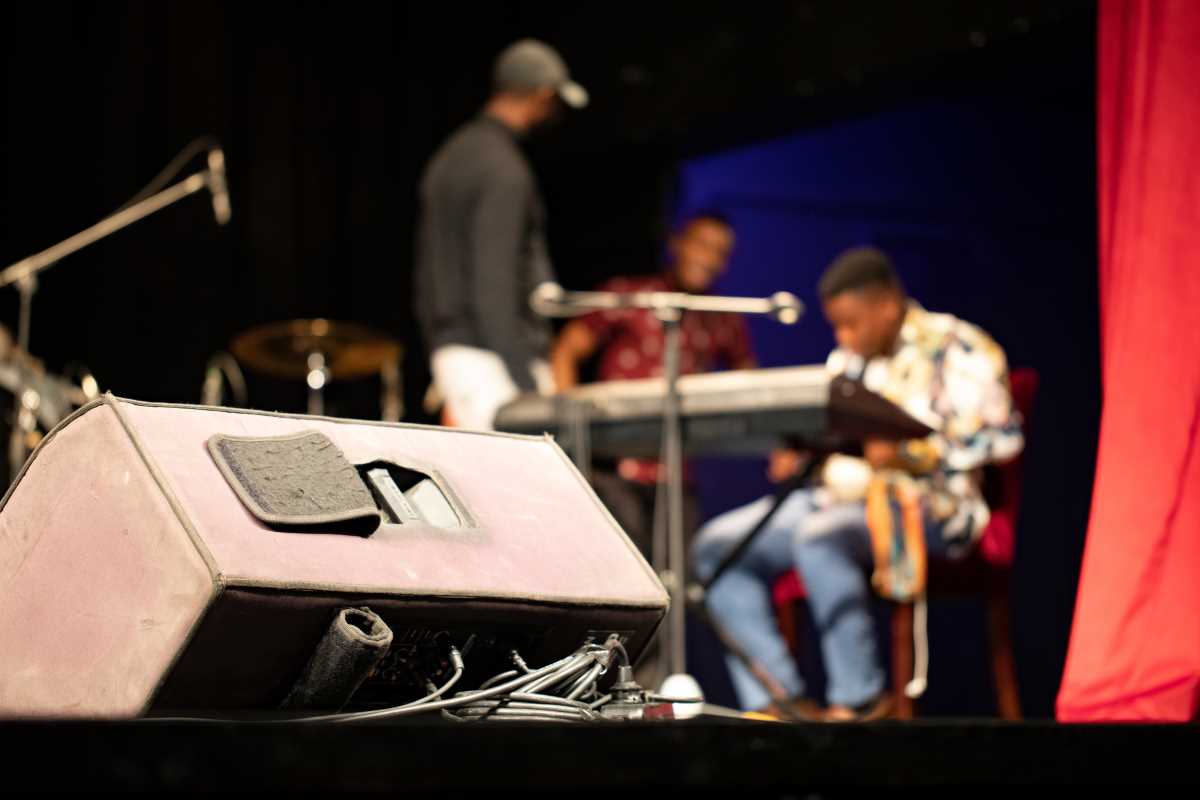Music festivals are often associated with big names, flashy stages, and mainstream hits. However, there’s a growing world of underground music festivals that challenge the norm and create something entirely new. These festivals are less about famous headliners and more about exploring unique sounds and creative performances. They give space for artists to experiment and for audiences to discover music they might never hear otherwise. By stepping outside the boundaries of traditional genres, underground festivals are reshaping how we experience and think about music. Let’s dive into some of these unique events and what makes them special.
What Are Underground Music Festivals?
Underground music festivals focus on niche genres, experimental sounds, or local artists who don’t often get the spotlight. These festivals are typically smaller than mainstream events, but they attract dedicated fans looking for something fresh and authentic. Unlike big commercial festivals, underground events prioritize creativity over profit. They often take place in unconventional venues like warehouses, forests, or abandoned buildings, adding to their distinct vibe.
Many underground festivals encourage a sense of community and collaboration. They’re places where artists and fans connect, sharing a love for music that pushes boundaries. The goal isn’t just to entertain but to inspire, challenge, and innovate.
Examples of Unique Underground Festivals
Unsound Festival (Poland): This festival focuses on experimental music and visual art. It brings together artists from around the world to perform in unique venues like old factories and cultural spaces. Unsound’s lineup often blends electronic music with unexpected genres, creating a one-of-a-kind experience.
Afropunk (Various Locations): What started as a small gathering in Brooklyn has grown into a global movement celebrating Black artists in alternative music scenes. Afropunk blends punk rock, hip-hop, and electronic sounds with art and activism, creating a festival that’s as empowering as it is entertaining.
Meakusma Festival (Belgium): This festival is all about exploring the outer edges of music. Meakusma features everything from experimental jazz to ambient soundscapes, challenging audiences to rethink what music can be.
Fusion Festival (Germany): Taking place on an old military airfield, Fusion is a mix of electronic beats, live bands, and art installations. The festival’s “no headliner” policy shifts the focus from big names to the
Dekmantel Festival (Netherlands): Known for its cutting-edge electronic music, Dekmantel brings together emerging and established artists in stunning outdoor and indoor settings. The festival’s adventurous programming has made it a favorite for fans of forward-thinking sounds.
Horst Arts & Music Festival (Belgium): This festival combines electronic music with large-scale art installations and architecture. Horst’s focus on creativity and innovation makes it a standout event for both music and art enthusiasts.
No Bounds Festival (UK): Held in Sheffield, No Bounds blends electronic music with visual art, film, and workshops. The festival’s emphasis on community and collective experience of art and music.
How Underground Festivals Redefine Genres
One of the most exciting things about underground festivals is how they blur the lines between genres. Instead of sticking to one style, these events embrace diversity and experimentation. For example, you might hear a techno DJ collaborating with a classical string quartet or a jazz musician using electronic loops. This genre-bending approach allows artists to create something entirely new and encourages audiences to keep an open mind.
These festivals often highlight lesser-known styles or subcultures. For example, footwork and juke music, which originated in Chicago, have found new audiences at underground events around the world. Similarly, genres like dub, noise, and experimental hip-hop gain recognition through these platforms, expanding their reach and influence.
The Role of Community
Underground festivals are more than just music events; they’re about building connections. Because these festivals are smaller and less commercialized, they foster a sense of intimacy and belonging. Attendees often form close-knit communities, returning year after year to reconnect with friends and discover new music together.
These festivals also provide opportunities for local artists and creatives. From food vendors to visual artists, underground events often feature talent from the surrounding area, supporting the local economy and culture. This focus on community makes the festivals feel more personal and meaningful.
Challenges of Underground Festivals
While underground music festivals offer a unique experience, they also face challenges. Funding is often limited, as these events rely on ticket sales, small sponsors, or crowdfunding instead of big corporate backers. This can make it hard to cover costs or expand. Additionally, underground festivals sometimes struggle with legal or logistical issues, especially when using unconventional venues.
Despite these challenges, the passion of organizers, artists, and fans keeps these festivals alive. Their success shows that there’s a growing appetite for music that goes beyond the mainstream.







